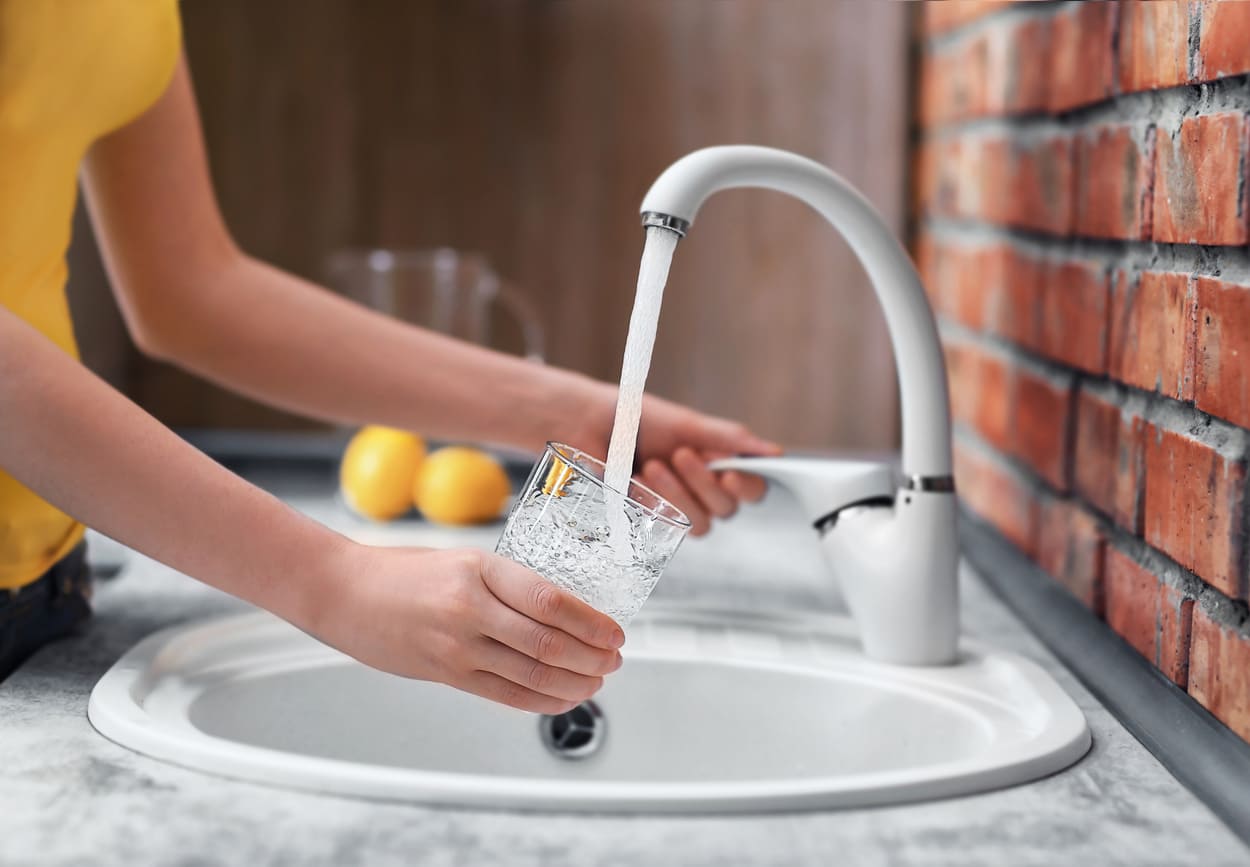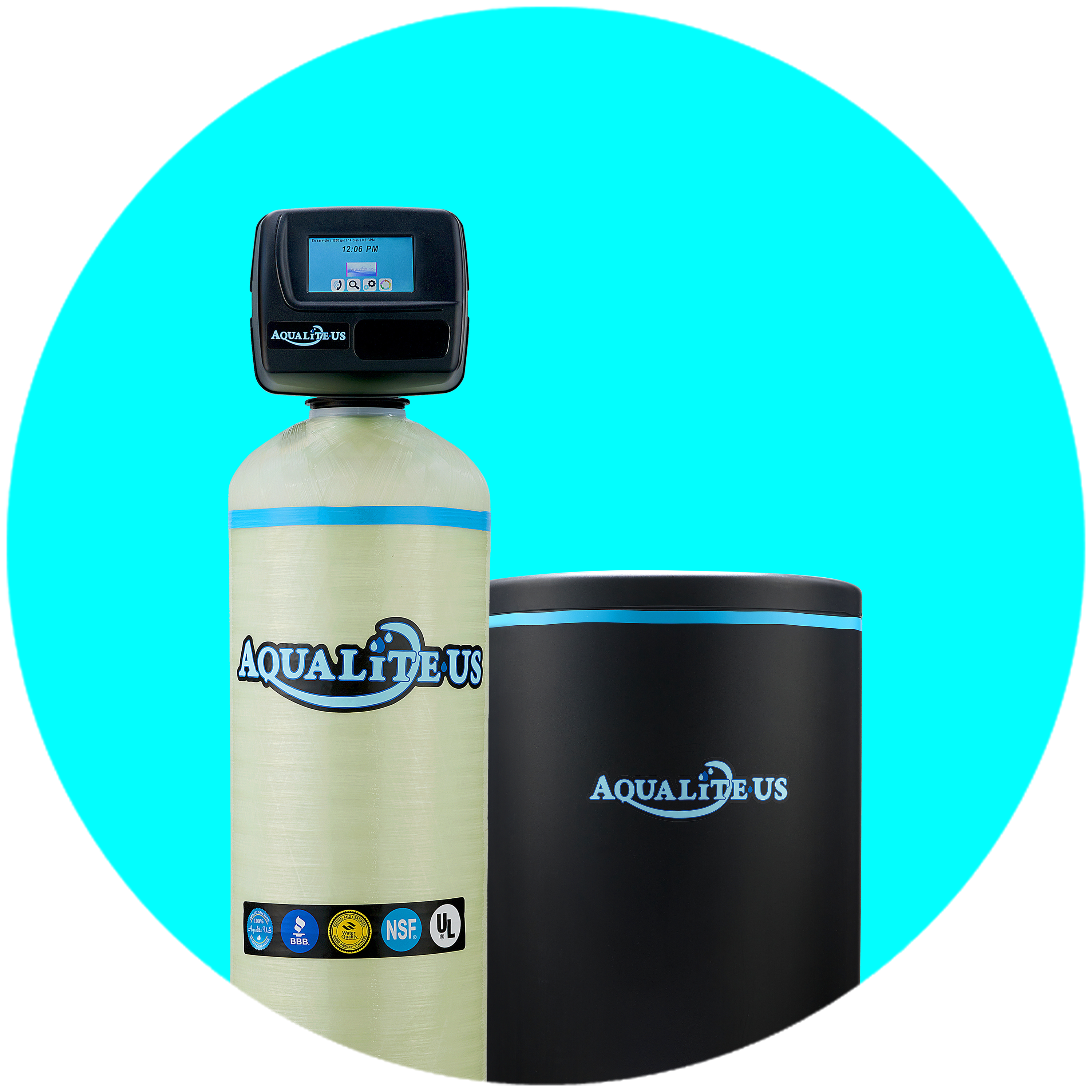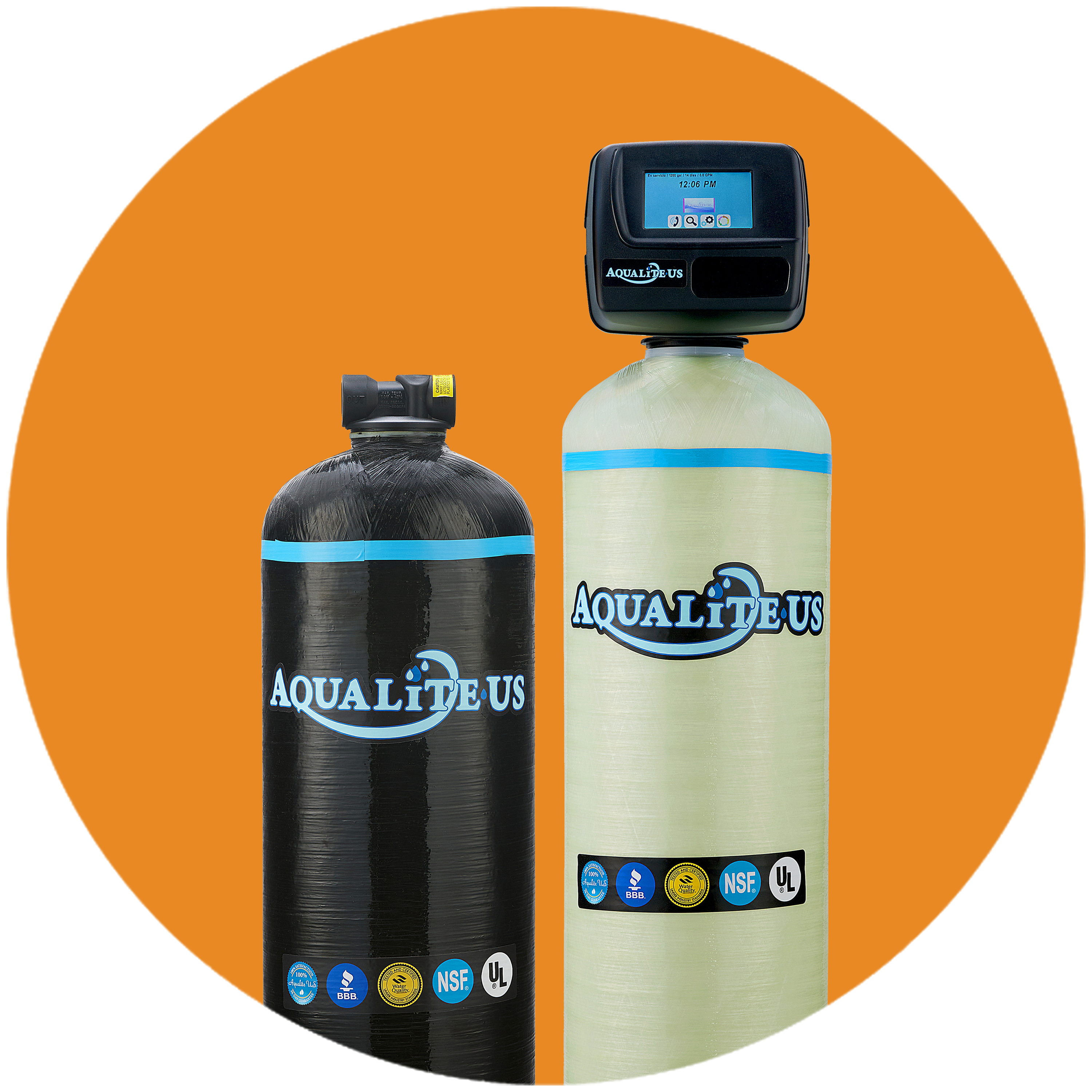Learn common well water contamination issues, and how you can ensure clean and safe well water for your family.
Many families living on well systems want to know whether their drinking water is safe and without any contaminants. Some of the time, maintained private wells are generally safe and not harmful.
Following a few basic precautions, you can use well water for drinking, cooking, cleaning, and bathing. However, before drinking from your private well, it’s vital to ensure your well water doesn’t contain harmful contaminants.
What can you do to be sure your water is safe to drink? Here are a few simple tips.
Clean Drinking Water and Wells
For public health reasons, the Environmental Protection Agency (EPA) monitors drinking water quality and contaminants levels under the Safe Drinking Water Act. This law gives the EPA authority to set the standards for drinking water quality, whether drinking from well water or municipal systems.
Each municipal health department oversees regulating water quality and water treatment, but this can’t happen with households on a well water system.
To ensure clean water in private wells, it is recommended that homeowners regularly test their well water. They are encouraged to implement a water filtration system or drink water from a pre-packaged water bottle to ensure safe, clean drinking water. Wells cannot guarantee clean water, and often over their lifetime, issues can and do arise that can cause water quality issues. Homeowners utilizing wells as their water source need to be more careful with private wells.

Common Issues with Well Water
There are acceptable levels set by the EPA for common water contaminants in drinking water. Heavy metal contamination, hardness, iron, and hydrogen sulfide are just a few of the pollutants in well water that can damage skin and health, harm our health, and ruin our appliances.
Common contaminants in well water include chemicals such as pesticides, bacteria, household waste, and heavy metals like lead, copper, and chromium. Nitrates, arsenic, lead, and coliform bacteria, like E Coli, may all be present, even if not in large quantities.
- Coliform bacteria: Coliform bacteria do not cause severe disease. Some, like E. coli, pose a greater risk than others. Common symptoms of Coliform bacteria include nausea, stomach pain, diarrhea, and vomiting.
- Metals: lead and mercury can be hazardous. At high levels, they can cause liver damage and anemia.
- Chemicals: chemical exposure can cause several health problems- from immediate skin reactions and nervous system issues to more permanent developmental concerns and reproductive damage
Since well water is pulled from a groundwater source, it can easily become contaminated, even if you’ve previously had safe drinking water. Construction and heavy rainfall are two significant contributors to well water contamination. These contaminants can pop up in shallow wells due to poor groundwater, city water contamination, septic tank seepage, and natural sources.
Frequently testing your well water can help identify any potential problems with your water supply.
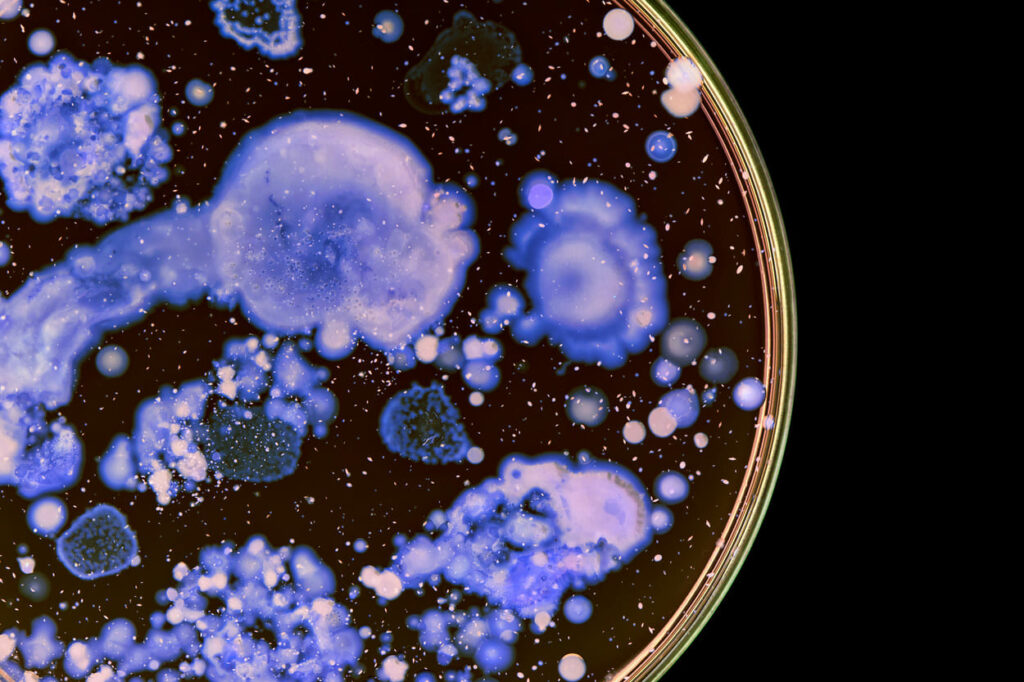
Signs of Well Water Contamination
There are many potential contaminants in well water, some of which pose a health risk. We briefly mentioned nitrates and other chemicals, but that’s not all. Well water can also become contaminated with bacteria and other substances.
Though well water issues can be hard to detect, there are some signs of problems you can watch out for:
- Dirty-looking or foul-smelling water (especially sulfur smell, which can indicate bacteria or harmful gases in the water).
- Scale buildup on taps, tubs, and sinks.
- Brownish or reddish stains on clothing sinks or appliances can indicate elevated iron levels.
- Salty, soapy, metallic, or chemical smelling or tasting water—each shows the presence of an issue.
Contaminated water can lead to health problems. You should address the situation immediately if you notice any of these signs above in your well water.
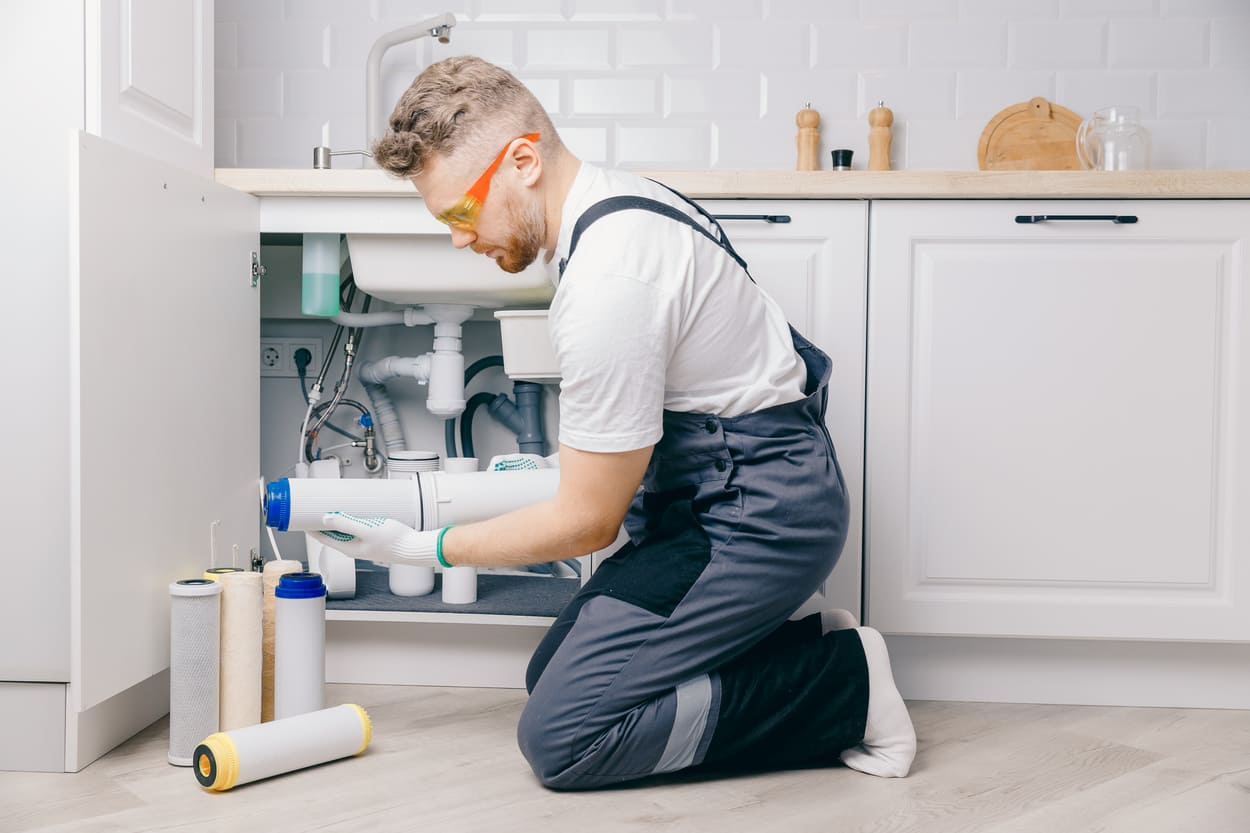
How The Right Water Purification System Can Help
Naturally, the safety of your drinking water is essential to protect you and your family. Also, contaminated well water can lead to your appliances’ premature wear and tear, give you dry skin and brittle hair, leave your dishes looking dirty after washing, and leave your clothes feeling grimy.
Many living on well systems choose bottled water for clean drinking water. Instead, these homes should consider an in-home test kit to determine contaminants lurking in their water, followed by a water treatment system to address any potential problems.
Well water can cause many health problems, but with regularly tested and safe well water, you can enjoy all its benefits confidently. Learn more about the different solutions for your water on our website or reach out to connect with us about the best solution for your home.

